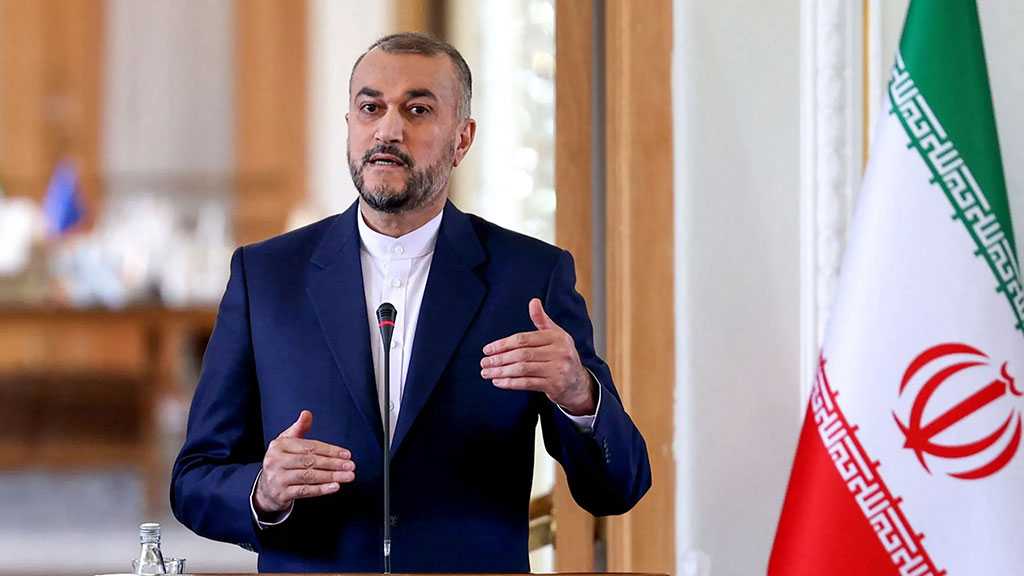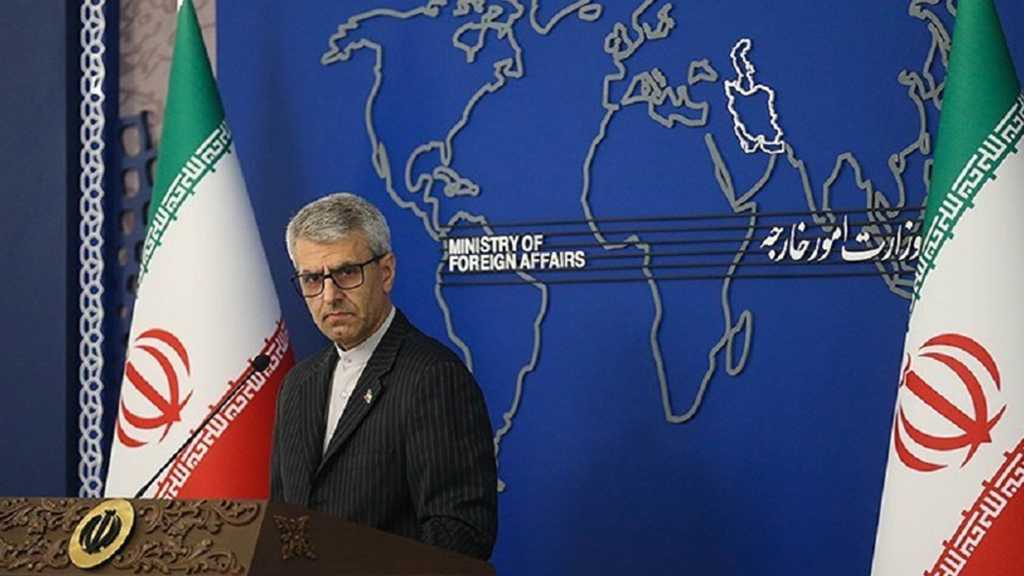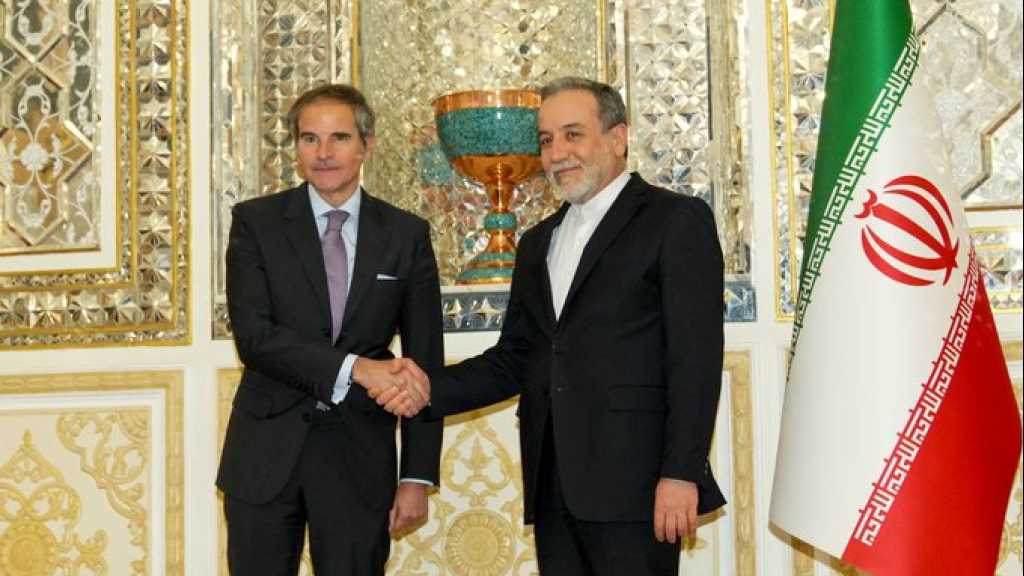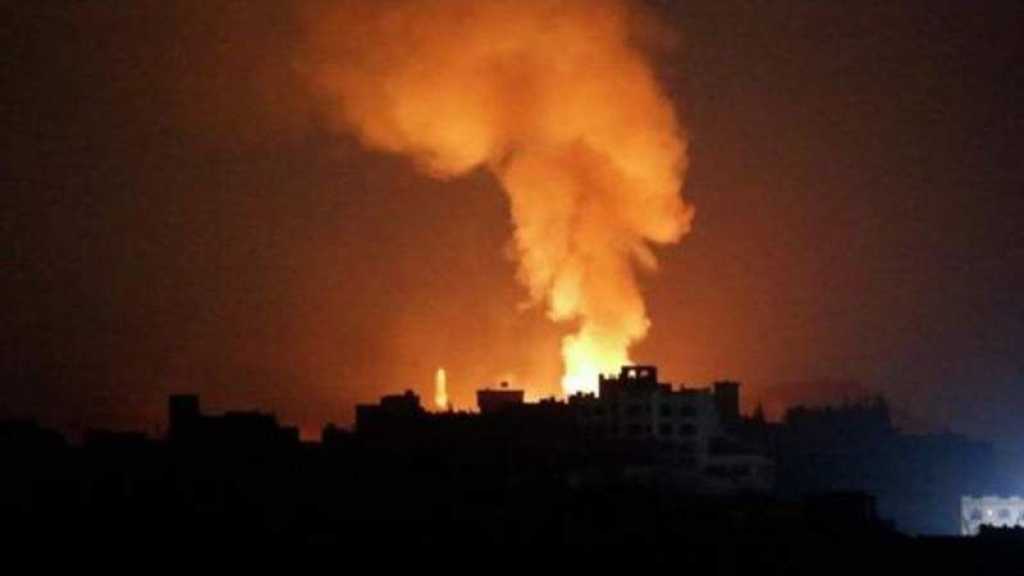Confronting Occupation Is A Right, Iran’s FM Reminds UK Counterpart

By Staff, Agencies
Iran’s foreign minister underlined that the Palestinian people have a right to confront the “Israeli” occupation, noting that the crisis in Palestine is rooted in occupation by the apartheid "Israeli" regime.
Speaking in a phone call with his British counterpart James Cleverly on Friday, Hossein Amir Abdollahian said, "From the perspective of the international law, the people of the occupied country enjoy a right to legitimate defense."
The Iranian top diplomat added that the Islamic Republic too recognized confrontation against occupation as "a right."
Amir Abdollahian urged immediate cessation of the "Israeli" regime's ongoing war against the Gaza Strip, and extensive transfer of humanitarian supplies to the Palestinian territory.
"I advise that the British government adopt a realistic approach to the region's developments," he said, adding, "In whatever approach, one should know that Palestine's crisis is rooted in occupation by the "Israeli" regime.
On Friday, the 28th day of the “Israeli” entity’s genocidal attacks on the coastal territory, the death toll reached at least 9,227 people, including 3,826 children and more than 2,405 women. At least 23,516 people have been wounded.
The regime launched the war after Gaza's resistance groups conducted Operation al-Aqsa Flood, their biggest operation against the occupying entity in years, in response to the regime's decades-long campaign of bloodshed and destruction against Palestinians.
The Iranian foreign minister, meanwhile, advised attention towards the "principle of proportion" in whatever warfare, saying based on the principle, the massacre of more than 9,000 Palestinians "is not acceptable by any standard."
Amir Abdollahian also said the United States' extensive support for the “Israeli” regime served to intensify hostilities in the region.
He concluded his remarks by reminding that the region's resistance forces "do not take orders from Iran, but rather take decisions based on existing circumstances and in line with the [issues of] national and regional security."
Cleverly, for his part, asked the Islamic Republic to try to prevent the expansion of the extent of war in the region.
He also attached importance to the Islamic Republic and his country's cooperation within the framework of existing diplomatic conventions.
Comments
- Related News




